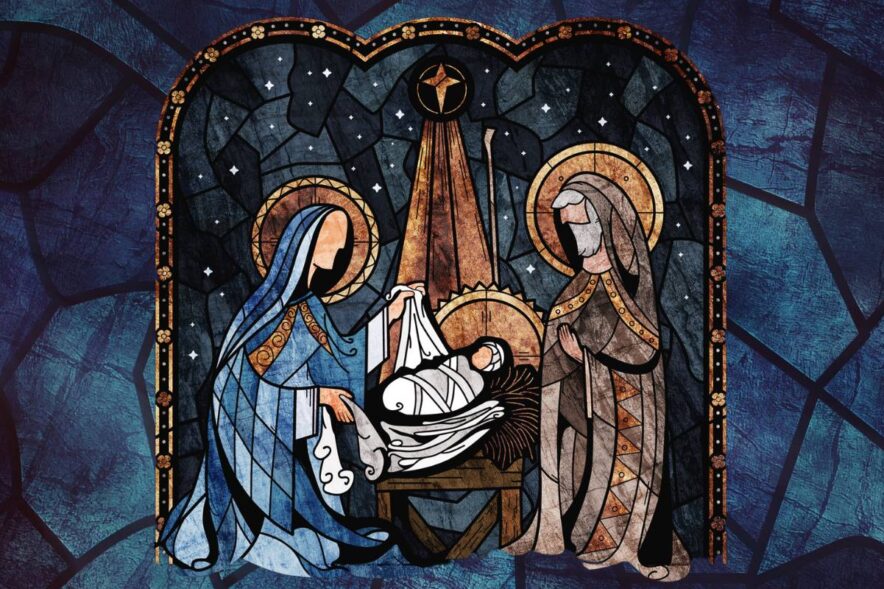The entire Christian faith rests on this foundation—first and foremost, the resurrection of Jesus himself, and then the promised...
Tag: jesus
Showed 10 to 18 posts out of 50 total under "Tag: jesus" category.
“And now, what are you waiting for? Get up, be baptised, and wash your sins away, calling on his...
Maybe you’ve been thinking you want to follow Jesus and become a Christian, but just aren’t sure how to...
Truth #1: ‘before’ “In the beginning, the earth was formless and empty, and darkness covered the deep waters.“ In...
Christmas is a unique time of year. Traditionally, it’s seen as a season of joy, hope, celebration, and family—a...
“You can develop a healthy, robust community that lives right with God and enjoy its results only if you...
A New Heaven And A New Earth – What Comes After the End? Inarguably, it’s the end of the story...
There was a time, not so long ago, when my world was very dark. Have you ever stood outside,...
If you’re an orthodox Christian, already familiar with the doctrine of the Trinity, you might like to head somewhere...











